FAQ
Personalized health suggestions.
Health Coach provides world-class health, Yoga, fitness & certification programs to world-class.
- Personalized health & wellness suggestions
- Food/meal recommendations
- Helpful handouts, tips, and you started!
Helpful handouts, tips and tools.
Health Coach provides world-class health, Yoga, fitness & certification programs to world-class.
- Personalized health & wellness suggestions
- Food/meal recommendations
- Helpful handouts, tips, and you started!
One-on-one follow up sessions.
Health Coach provides world-class health, Yoga, fitness & certification programs to world-class.
- Personalized health & wellness suggestions
- Food/meal recommendations
- Helpful handouts, tips, and you started!
Helpful tools to get you started!
Health Coach provides world-class health, Yoga, fitness & certification programs to world-class.
- Personalized health & wellness suggestions
- Food/meal recommendations
- Helpful handouts, tips, and you started!
